Nature’s Mental Health Routine
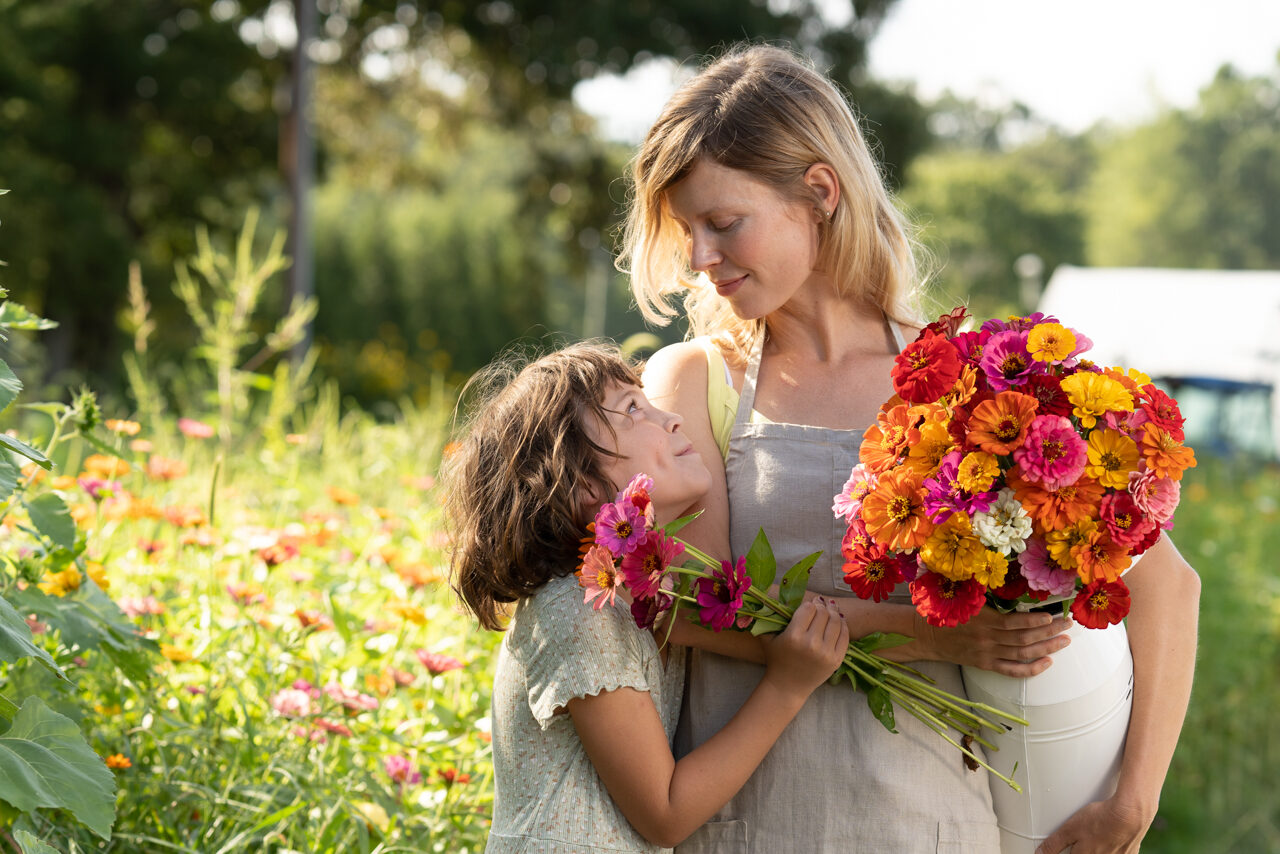
Finding Calm in the Garden
In today’s fast-paced world, finding a pocket of calm can feel like searching for sunlight on a cloudy day. For many people, the garden provides just that, a sanctuary where plants, soil, and fresh air work together to restore balance. Beyond the obvious joy of growing your own flowers or food, gardening has deep benefits for mental well-being.
One of the most powerful effects of gardening is stress reduction. Studies show that spending time outdoors, especially with our hands in the soil, lowers our level of the stress hormone cortisol. The simple rhythm of watering, weeding, or planting shifts our focus away from worries and toward the present moment. Many gardeners describe this as a form of “green mindfulness,” where nature gently nudges your mind into calm. Focusing on the present, attending to detail, and an interest in exploring and understanding failures are the true tenants of this state of mind. Sounds like the life of a gardener!
Dig in and De-Stress
Gardening also encourages physical activity, which is closely tied to improved mood. Even light tasks like digging, bending, carrying a watering can releases mood boosting endorphins. Unlike a gym workout, gardening doesn’t feel like exercise. Instead, it feels purposeful, varied, and immersive because we are moving our bodies in natural, functional ways. Our focus is on nurturing our plants, not counting our reps. We can benefit from the physical movement without the mental drag when we “have to work out.”
Another key benefit is the sense of accomplishment and connection. Watching a seed sprout, a bulb bloom, or a tomato ripen reinforces patience and persistence. These tangible rewards provide a quiet sense of pride, especially in a world where so much of our work is digital and fleeting. Gardens remind us that growth takes time, and that we, too, can flourish at our own pace.
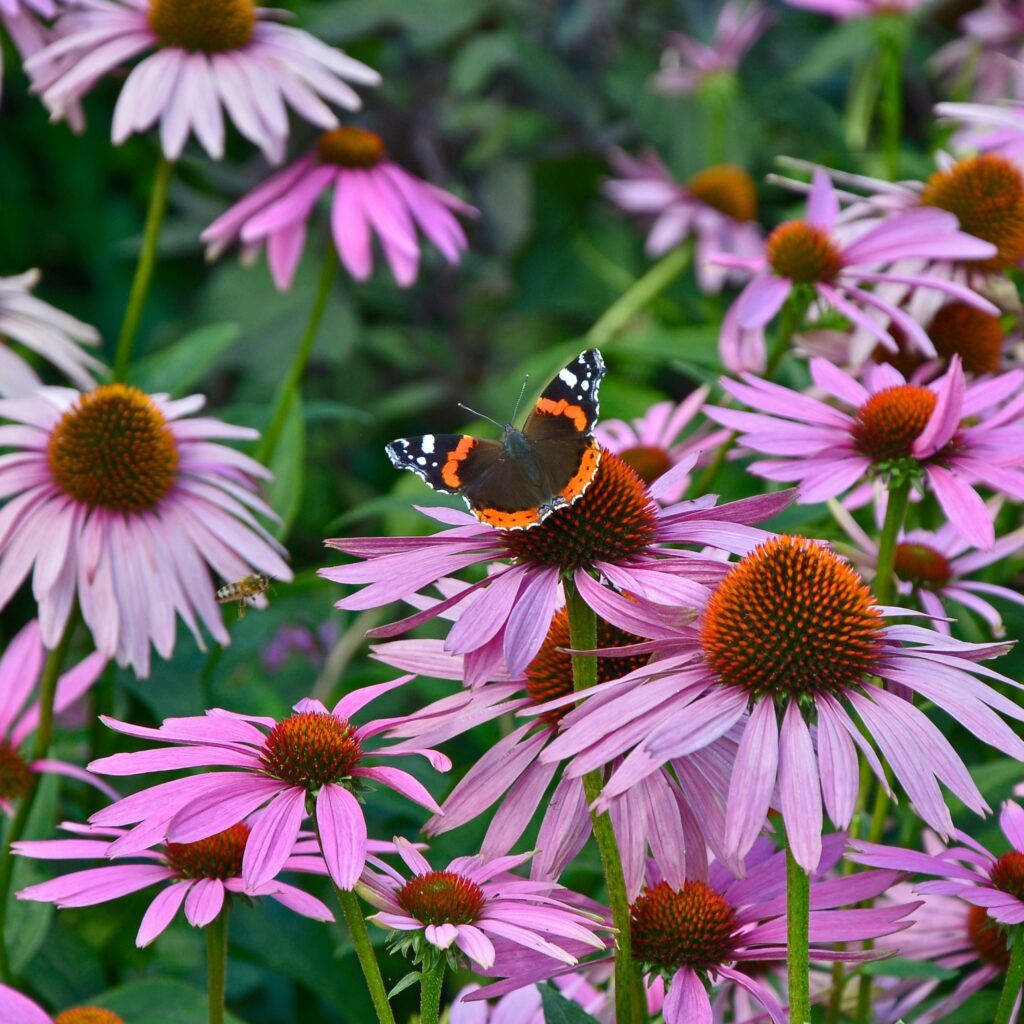
by seed means starting at the beginning, which takes more time, while planting by roots is ideal for gardeners
who want a quicker start or more reliable results. You can decide depending on your desired level of engagement.
Making Connections
Gardening also strengthens social and emotional well-being. Community gardens bring people together, fostering friendships and shared learning. Even in our own backyard, flowers that attract pollinators and vegetables you share with neighbors create connections that ease feelings of isolation. How giddy we can feel when Monarch butterflies make a home in our asclepias plant! And the warm feelings of home when we gather with friends to make zucchini bread from the enormous haul that one zucchini plant can bring. Gardening is our conduit to purposeful and meaningful connection.
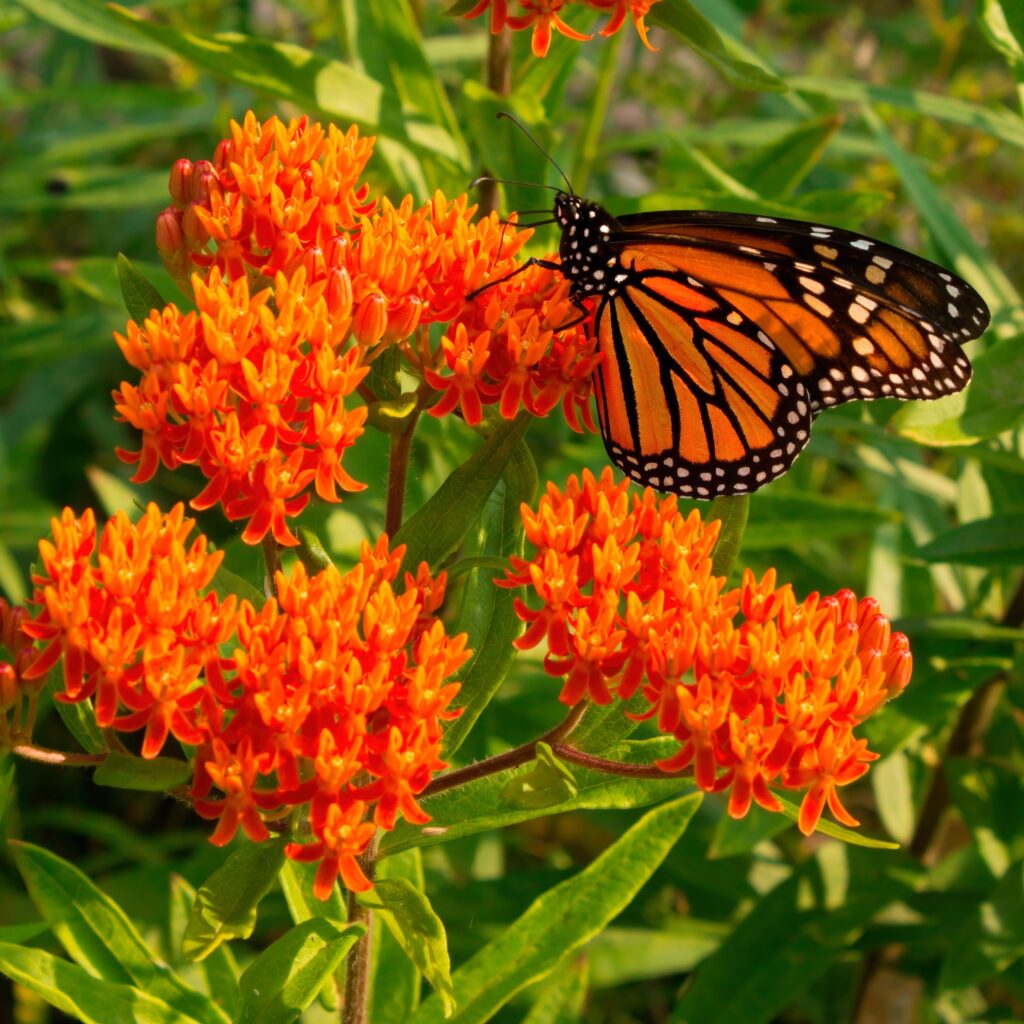
garden feel alive, and you become part of an ecosystem!
Garden as Healer
Perhaps most importantly, gardens offer hope. Every season carries a lesson: after dormancy comes new life. Everything that ebbs will eventually flow. Contractions are always followed by expansion, and vice-versa. For those experiencing anxiety or depression, tending plants can serve as a gentle reminder that we are needed, and renewal is always possible.
So get out of your head and get into the garden – however big that is! Because the truth is, whether you’re planting a single pot of herbs on a balcony or cultivating rows of vegetables, the act and the benefits are still the same. You’re not just growing plants, you’re growing peace of mind, resilience, and joy.
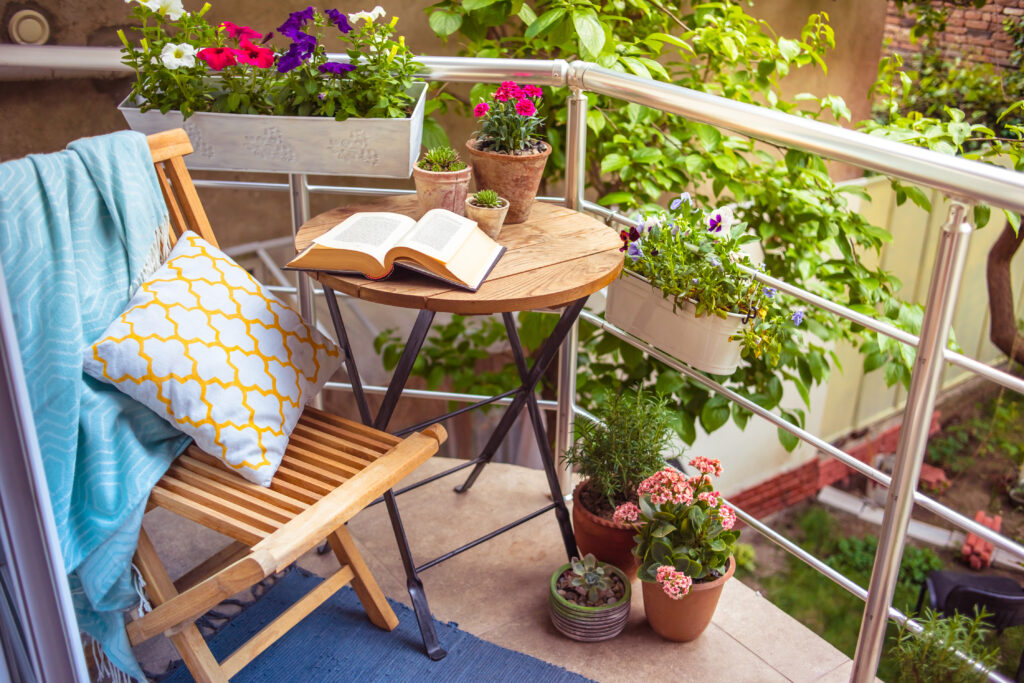
Start Planning Your Next Garden Project
Explore More Gardening Tips
-
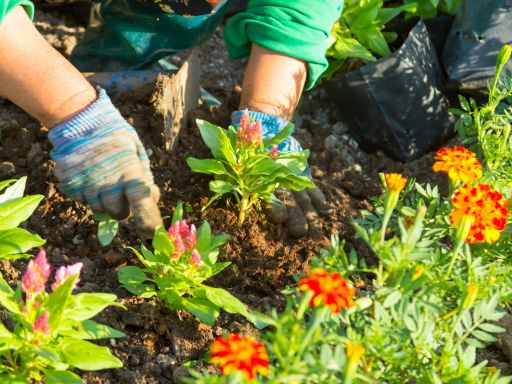
Gardening as Self-Care
Gardening offers a peaceful escape from daily stress, grounding us in the rhythm of nature and providing a sense of accomplishment.
-
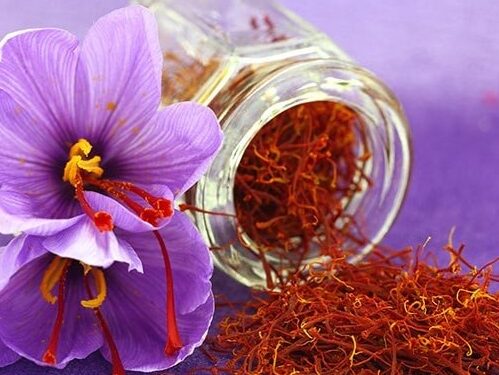
The Magic of Saffron Crocus
Harvest your own red gold! Saffron crocus, Crocus sativus, is an autumn-blooming beauty that is not only gorgeous, but it also produces the world’s most luxurious spice.
-
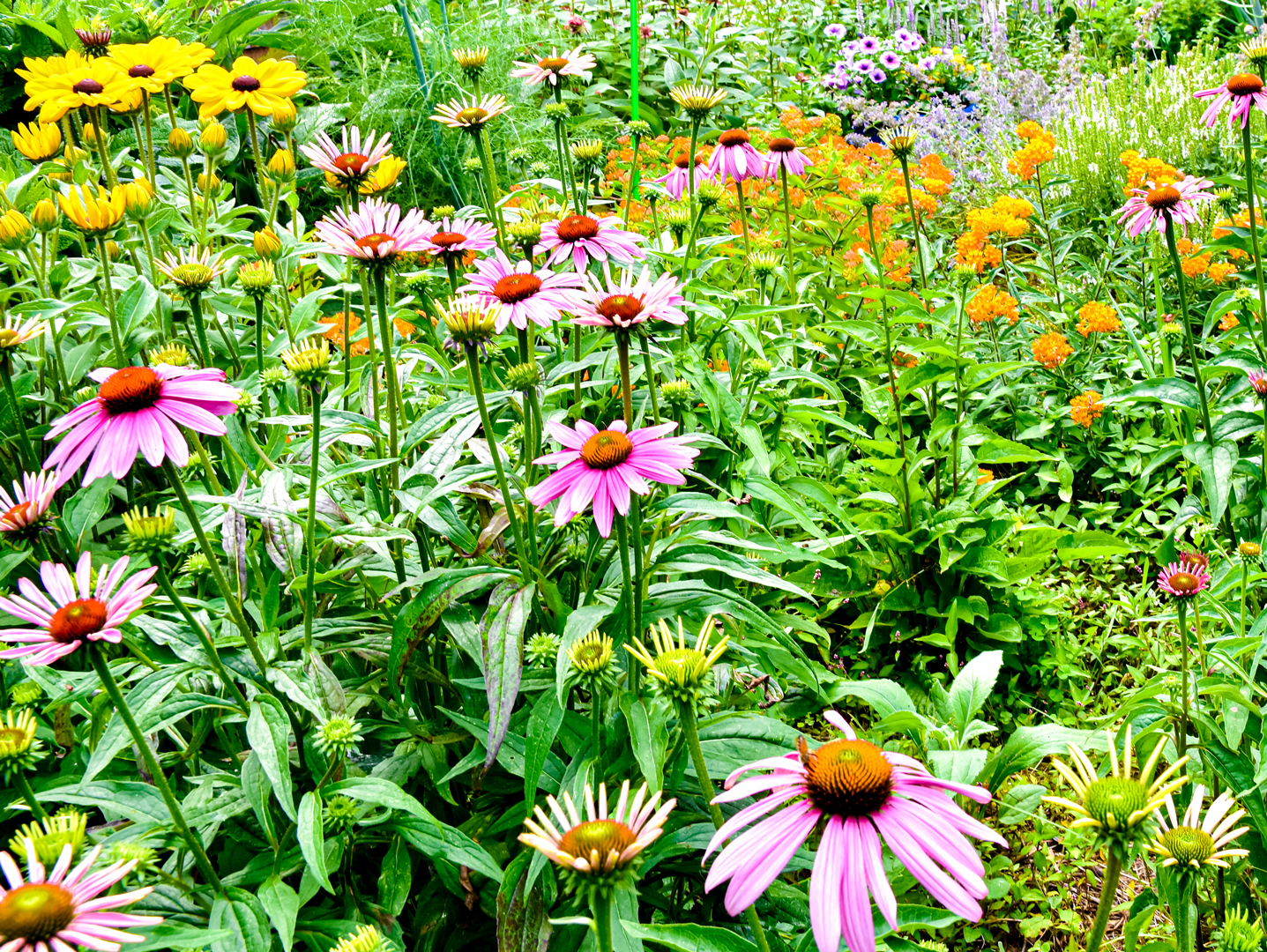
What It Means to Be a Native Wildflower
Discover how native wildflowers contribute to biodiversity and soil health, and learn about examples like black-eyed Susans and coneflowers that thrive in their natural habitats.
-

No Bake Pumpkin Oatmeal Dog Treats: A Garden-to-Bowl Delight
If you’re a gardener and a dog lover, there’s nothing more satisfying than using your homegrown pumpkins to create healthy, homemade treats for your furry friends.